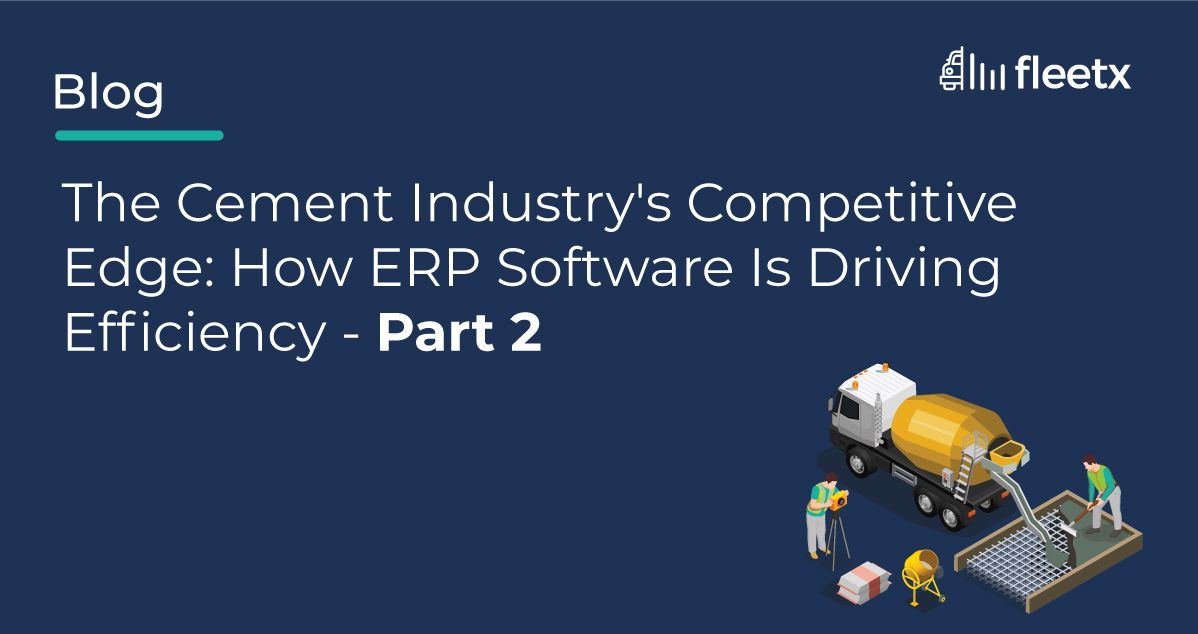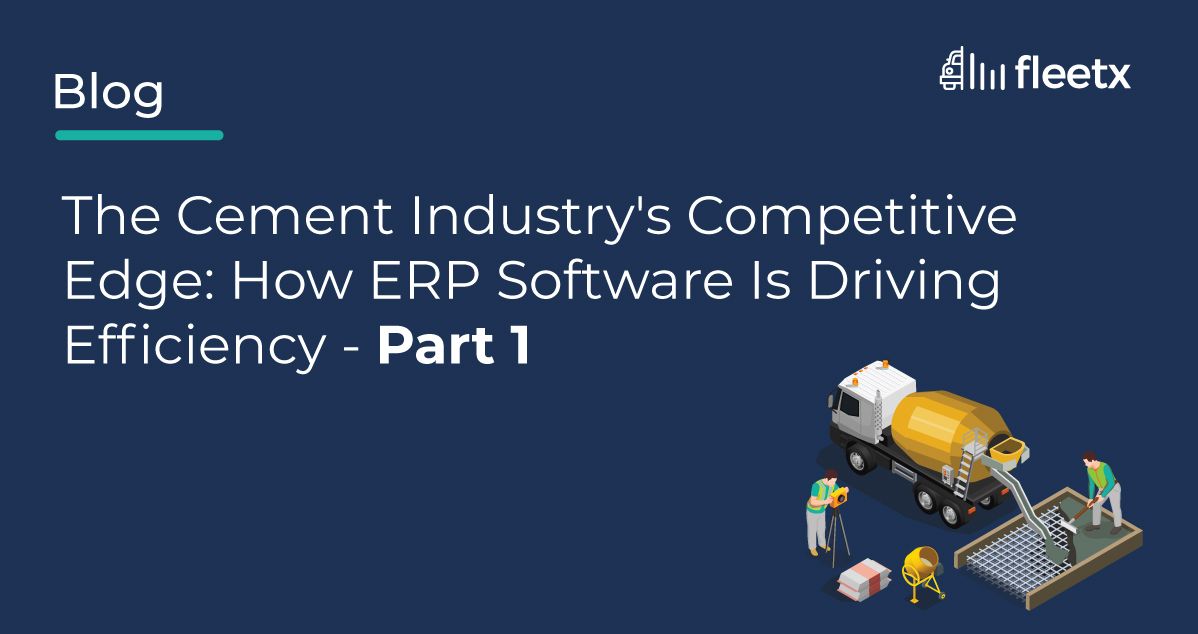
India’s current economic wave is promising, and companies across industries are looking for ways to improve their competitive edge and drive efficiency. The previous article in this series disscused how an Enterprise Resource Planning (ERP) software can be a powerful solution for players in the cement industry looking to accelerate their operations. This second article will provide data on how cement manufacturing companies worldwide have benefitted from a Tms ERP system.
Just to give you a few more reasons to allow us to provide you with a customised solution for your business.
How has ERP software benefitted cement manufacturers globally?
Implementing an ERP system has shown significant benefits for companies in the cement manufacturing industry globally. For example, a leading cement manufacturer in the United States reported an increase in efficiency by over 10% after implementing an ERP system. Similarly, a global cement company saw a reduction in inventory costs by 20% and an increase in revenue by 19% after adopting an ERP system.
Furthermore, a study conducted by IDC (International Data Corporation) found that companies using an ERP system in the cement industry can reduce production costs by up to 30%, increase productivity by 25%, and improve inventory accuracy by 20%. This translates to improved profitability and a competitive advantage in the industry.
The list continues
The benefits of an ERP system go beyond just improving efficiency and driving growth. By providing a centralized platform for data management and analysis, an ERP system can also help companies improve data accuracy, reduce errors and discrepancies, and improve compliance with regulations and industry standards. Here are a few more ways a tms erp system can help take your cement business to the next level:
1. Quality control: High-quality product is key to retaining customers in the cement industry, where the quality of the final product can have a significant impact on customer satisfaction and brand reputation. A Tms ERP system can help ensure consistent quality by tracking production data and providing real-time feedback on process parameters.
This can help identify potential quality issues before they become major problems, and enable quick corrective action to be taken. Access to data on quality processes can further help establish accountability guidelines, and minimize future mistake
2. Streamline HR: Managing a large workforce is a challenge for any manufacturing company, and this is particularly true in the cement industry. An ERP system can help optimise employee processes by providing a centralized platform for managing employee data, payroll software , and benefits. This can help reduce administrative overhead, improve accuracy, and ensure compliance with labor laws. The system can be customised to the needs of the organisation, and provide valuable data on performance
3. Order processing: Automating the order fulfillment process can help the company reduce lead times and improve customer satisfaction. This includes everything from order entry and invoicing to shipping and delivery tracking with the help of logistics erp. With this system, the company can manage orders more efficiently, ensuring that customers receive their products on time and in good condition, while also minimizing the risk of errors and delays
4. Effective marketing: Companies can access customer data and gain valuable insights into behavior and market trends. By analyzing this data and sales trends, companies can better understand customer needs and preferences, develop targeted marketing campaigns, and improve customer satisfaction
5. Environmental compliance and sustainability: An ERP system can help integrate environmental management and compliance functions into all business operations, to track and manage environmental impact, reduce waste and minimise the risk of regulatory violations. A study by Aberdeen Group found that companies using an ERP system had a 23% higher rate of regulatory compliance compared to those that did not.
Countries around the world are tightening regulations due to rising pollution levels and climate change. By automating these processes, the company can improve its sustainability score and reduce its environmental footprint, enhancing its reputation and appeal to customers and stakeholders.
Let us now wrap up this series; an ERP system can drive efficiency and productivity in cement manufacturing operations, leading to improved profitability and a competitive edge in the market. By optimizing several processes, reducing costs, and increasing revenue, companies can achieve their business goals and better serve their customers.
The data and statistics from leading cement companies globally demonstrate the potential benefits of implementing an ERP system, not to mention the several benefits. Therefore, it is highly recommended that cement companies consider investing in an ERP system to take advantage of these innovative solutions and stay ahead of the competition.






